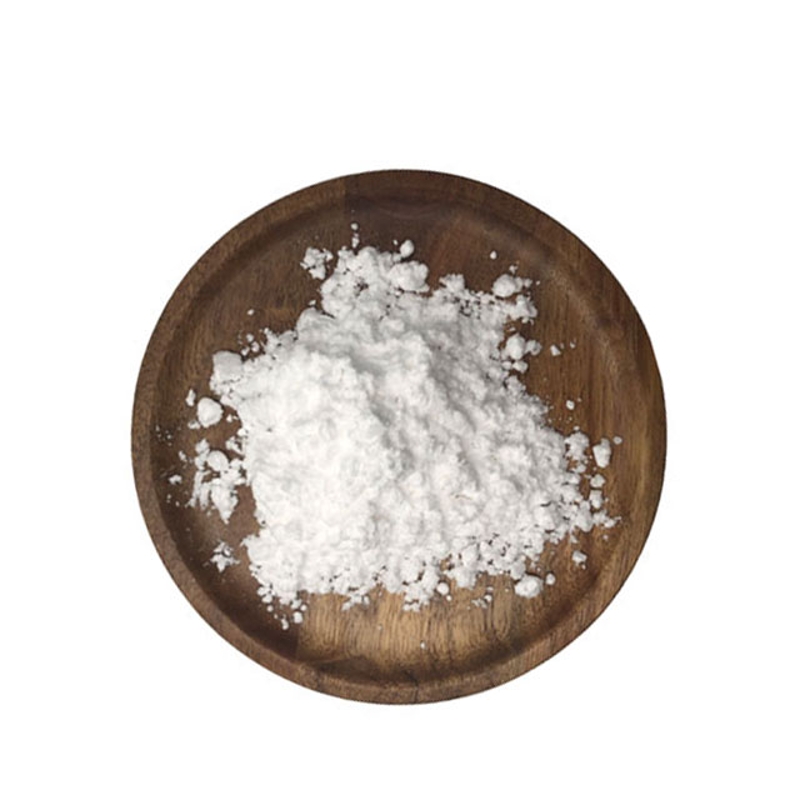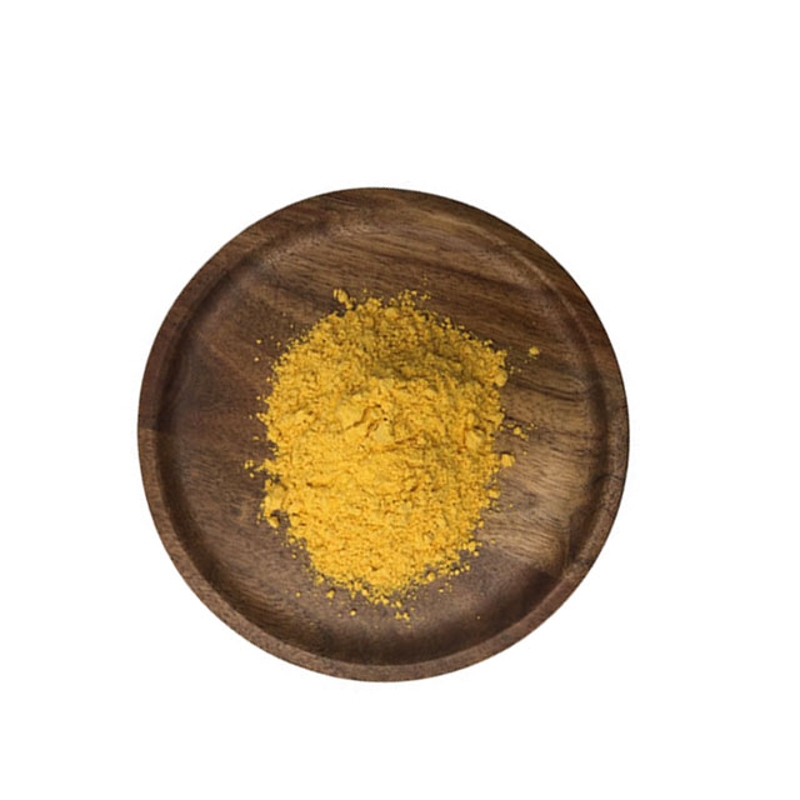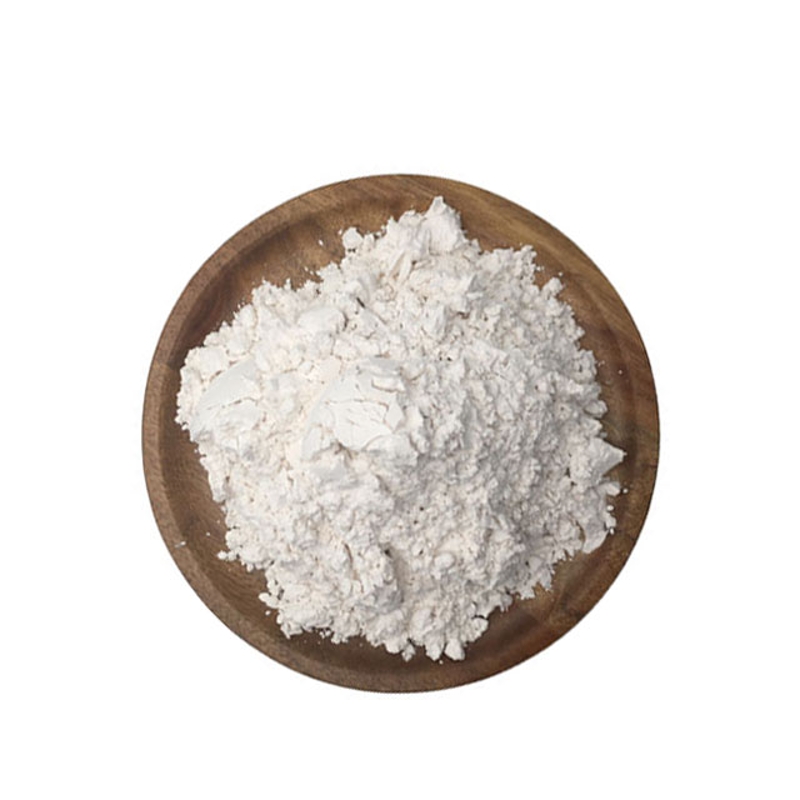-
Categories
-
Pharmaceutical Intermediates
-
Active Pharmaceutical Ingredients
-
Food Additives
- Industrial Coatings
- Agrochemicals
- Dyes and Pigments
- Surfactant
- Flavors and Fragrances
- Chemical Reagents
- Catalyst and Auxiliary
- Natural Products
- Inorganic Chemistry
-
Organic Chemistry
-
Biochemical Engineering
- Analytical Chemistry
- Cosmetic Ingredient
-
Pharmaceutical Intermediates
Promotion
ECHEMI Mall
Wholesale
Weekly Price
Exhibition
News
-
Trade Service
*Only for medical professionals to read and refer to a comprehensive view of the progress of advanced pancreatic cancer drug treatment! The "24th National Conference on Clinical Oncology and 2021 CSCO Annual Conference" jointly sponsored by the Chinese Society of Clinical Oncology (CSCO) and Beijing Xisk Clinical Oncology Research Foundation, on September 25, 2021- On the 29th, it was held in a combination of online and offline
.
Among them, the CSCO Pancreatic Cancer Special Session on September 28 (Tuesday) from 9:00 to 12:20 brought you wonderful content
.
The conference was divided into two sessions.
Session-1 was hosted by Professor Liang Jun from Peking University International Hospital and Professor Hao Chunyi from Peking University Cancer Hospital.
Professor Dai Guanghai from the Chinese People’s Liberation Army General Hospital, Professor Xia Tingyi from Huaxin Hospital Affiliated to Tsinghua University, and Zhejiang University Medicine The opening speech by Professor Liang Tingbo from the First Affiliated Hospital of the hospital, as well as Professor Zhang Taiping from Peking Union Medical College Hospital, Professor Yu Xianjun from Fudan University Cancer Hospital, Professor Tian Xiaodong from Peking University First Hospital, Professor Ren Gang from Air Force Special Medical Center, Dalian Medical University First Affiliated Professor Tan Guang from the hospital discussed together
.
Session-2 was hosted by Professor Zhang Tao from Union Hospital of Tongji Medical College of Huazhong University of Science and Technology, and Professor Li Qi from First People's Hospital of Shanghai Jiaotong University.
In addition, Professor Wang Liwei from Renji Hospital Affiliated to Shanghai Jiaotong University School of Medicine and Peking University Cancer Hospital were invited Professor Yu Jiangyuan, Professor Zhang Xiaofei from Renji Hospital Affiliated to Shanghai Jiaotong University School of Medicine, Professor Cao Dan from West China Hospital of Sichuan University, and Professor Zhou Jun from Peking University Cancer Hospital shared academic content
.
Subsequently, Professor Lin Li from Peking University International Hospital, Professor Cui Jiujie from Renji Hospital Affiliated to Shanghai Jiaotong University School of Medicine, Professor Jia Ru from the Fifth Medical Center (307 Hospital) of the Chinese People’s Liberation Army General Hospital, Professor Yang Liu from Zhejiang People’s Hospital, and Millennium Hospital of the People’s Liberation Army Professor Song had a discussion
.
In this conference, Professor Dai Guanghai brought "New Advances and New Strategies for Advanced Pancreatic Cancer Drug Therapy", expounding the exploration of drug treatment for advanced pancreatic cancer in the past two years from three aspects: chemotherapy, targeted therapy and immunotherapy of pancreatic cancer
.
The current standard treatment of pancreatic cancer chemotherapy is the AG regimen and the FOLFIRINOX regimen.
The efficacy of the two was initially compared in the JCOG1407 study
.
At the same time, new programs of chemotherapy drugs, such as AS program, AGP program, and SLOG program have also been explored one after another.
In addition, the concept of chemotherapy has also been updated
.
The results of the JCOG study showed that there was no significant difference in progression-free survival (PFS) and overall survival (OS) between the AG regimen and the modified FOLFIRINOX regimen.
The remission rate of the AG regimen and the CA19-9 remission were relatively higher, while the FOLFIRINOX regimen The neurotoxicity and hematological toxicity are relatively low
.
This year's COMPASS study explored markers for the impact of different chemotherapy regimens on survival, and the results showed that patients with high expression of hENT1 are more inclined to choose the AG regimen
.
In the targeted therapy of pancreatic cancer drugs, the prognosis of gBRCA1/2, NGR1, and pain on Masitinib have been explored, but it is still necessary to find more and more precise targets to support targeted therapy in the advanced stage.
Application in patients with pancreatic cancer
.
Part of the research has also been carried out in the immunotherapy of pancreatic cancer, but many current researches have not yielded satisfactory results.
Therefore, the use of immunotherapy in pancreatic cancer still needs to be further explored
.
In summary, chemotherapy is still the current standard treatment plan for patients with advanced pancreatic cancer, and the AG regimen and the FOLFIRINOX regimen are still unconclusive, and the AS regimen, AGP regimen and SLOG regimen are still subject to further phase III clinical trials.
.
The PRODIGE 4-ACCORD study on the first-line treatment of pancreatic cancer aims to compare the application of the FOLFIRINOX regimen to the single-agent gemcitabine in the adjuvant treatment of pancreatic cancer.
The results of the study showed a significant improvement in overall survival (m OS 11.
1 months vs 6.
8 months)
.
The current second-line standard treatment for advanced pancreatic cancer is irinotecan liposomes combined with 5-fluorouracil + folinic acid.
A phase III clinical trial NAPOLI-1 study explored irinotecan liposomes combined with 5-fluorouracil + folinic acid The safety and effectiveness of the treatment of patients with metastatic pancreatic cancer after failure of previous gemcitabine-based chemotherapy regimens have reached the study endpoints in the total population (mOS 6.
1 months vs.
4.
2 months) and in the Asian population
.
It provides doctors with an effective and safe new program, breaks the deadlock in second-line treatment, and brings new hope to patients with metastatic pancreatic ductal adenocarcinoma in Asia
.
The POLO study in maintenance treatment is a phase III clinical trial that evaluates the use of the PARP inhibitor olapa in the maintenance treatment of pancreatic cancer based on biomarkers.
Compared with placebo, the PFS of the olaparib group was significantly prolonged (7.
4 months vs.
3.
8 months).
Month), but OS did not show a trend of benefit (19.
0 months vs 19.
2 months)
.
For targeted therapy, we look forward to the emergence of more precise targets.
gBRCA1/2 mutations may have value in judging prognosis, but how to use them is still controversial, and immunotherapy is still being explored
.
Approval number: MSAONCO-E-20210027 states that Servier is the second largest pharmaceutical company in France and the top 30 pharmaceutical company in the world
.
Servier is completely managed by a non-profit foundation
.
Globally, 94 million patients are treated with Servier's drugs every day
.
Servier focuses on the development of the oncology field.
A quarter of its sales are used for research and development, and 37% of it is invested in oncology, hoping to benefit more cancer patients
.
There are currently 26 anti-tumor drugs under research, including immunotherapy, targeted therapy and chemotherapeutics, covering solid tumors and hematological tumors
.
.
Among them, the CSCO Pancreatic Cancer Special Session on September 28 (Tuesday) from 9:00 to 12:20 brought you wonderful content
.
The conference was divided into two sessions.
Session-1 was hosted by Professor Liang Jun from Peking University International Hospital and Professor Hao Chunyi from Peking University Cancer Hospital.
Professor Dai Guanghai from the Chinese People’s Liberation Army General Hospital, Professor Xia Tingyi from Huaxin Hospital Affiliated to Tsinghua University, and Zhejiang University Medicine The opening speech by Professor Liang Tingbo from the First Affiliated Hospital of the hospital, as well as Professor Zhang Taiping from Peking Union Medical College Hospital, Professor Yu Xianjun from Fudan University Cancer Hospital, Professor Tian Xiaodong from Peking University First Hospital, Professor Ren Gang from Air Force Special Medical Center, Dalian Medical University First Affiliated Professor Tan Guang from the hospital discussed together
.
Session-2 was hosted by Professor Zhang Tao from Union Hospital of Tongji Medical College of Huazhong University of Science and Technology, and Professor Li Qi from First People's Hospital of Shanghai Jiaotong University.
In addition, Professor Wang Liwei from Renji Hospital Affiliated to Shanghai Jiaotong University School of Medicine and Peking University Cancer Hospital were invited Professor Yu Jiangyuan, Professor Zhang Xiaofei from Renji Hospital Affiliated to Shanghai Jiaotong University School of Medicine, Professor Cao Dan from West China Hospital of Sichuan University, and Professor Zhou Jun from Peking University Cancer Hospital shared academic content
.
Subsequently, Professor Lin Li from Peking University International Hospital, Professor Cui Jiujie from Renji Hospital Affiliated to Shanghai Jiaotong University School of Medicine, Professor Jia Ru from the Fifth Medical Center (307 Hospital) of the Chinese People’s Liberation Army General Hospital, Professor Yang Liu from Zhejiang People’s Hospital, and Millennium Hospital of the People’s Liberation Army Professor Song had a discussion
.
In this conference, Professor Dai Guanghai brought "New Advances and New Strategies for Advanced Pancreatic Cancer Drug Therapy", expounding the exploration of drug treatment for advanced pancreatic cancer in the past two years from three aspects: chemotherapy, targeted therapy and immunotherapy of pancreatic cancer
.
The current standard treatment of pancreatic cancer chemotherapy is the AG regimen and the FOLFIRINOX regimen.
The efficacy of the two was initially compared in the JCOG1407 study
.
At the same time, new programs of chemotherapy drugs, such as AS program, AGP program, and SLOG program have also been explored one after another.
In addition, the concept of chemotherapy has also been updated
.
The results of the JCOG study showed that there was no significant difference in progression-free survival (PFS) and overall survival (OS) between the AG regimen and the modified FOLFIRINOX regimen.
The remission rate of the AG regimen and the CA19-9 remission were relatively higher, while the FOLFIRINOX regimen The neurotoxicity and hematological toxicity are relatively low
.
This year's COMPASS study explored markers for the impact of different chemotherapy regimens on survival, and the results showed that patients with high expression of hENT1 are more inclined to choose the AG regimen
.
In the targeted therapy of pancreatic cancer drugs, the prognosis of gBRCA1/2, NGR1, and pain on Masitinib have been explored, but it is still necessary to find more and more precise targets to support targeted therapy in the advanced stage.
Application in patients with pancreatic cancer
.
Part of the research has also been carried out in the immunotherapy of pancreatic cancer, but many current researches have not yielded satisfactory results.
Therefore, the use of immunotherapy in pancreatic cancer still needs to be further explored
.
In summary, chemotherapy is still the current standard treatment plan for patients with advanced pancreatic cancer, and the AG regimen and the FOLFIRINOX regimen are still unconclusive, and the AS regimen, AGP regimen and SLOG regimen are still subject to further phase III clinical trials.
.
The PRODIGE 4-ACCORD study on the first-line treatment of pancreatic cancer aims to compare the application of the FOLFIRINOX regimen to the single-agent gemcitabine in the adjuvant treatment of pancreatic cancer.
The results of the study showed a significant improvement in overall survival (m OS 11.
1 months vs 6.
8 months)
.
The current second-line standard treatment for advanced pancreatic cancer is irinotecan liposomes combined with 5-fluorouracil + folinic acid.
A phase III clinical trial NAPOLI-1 study explored irinotecan liposomes combined with 5-fluorouracil + folinic acid The safety and effectiveness of the treatment of patients with metastatic pancreatic cancer after failure of previous gemcitabine-based chemotherapy regimens have reached the study endpoints in the total population (mOS 6.
1 months vs.
4.
2 months) and in the Asian population
.
It provides doctors with an effective and safe new program, breaks the deadlock in second-line treatment, and brings new hope to patients with metastatic pancreatic ductal adenocarcinoma in Asia
.
The POLO study in maintenance treatment is a phase III clinical trial that evaluates the use of the PARP inhibitor olapa in the maintenance treatment of pancreatic cancer based on biomarkers.
Compared with placebo, the PFS of the olaparib group was significantly prolonged (7.
4 months vs.
3.
8 months).
Month), but OS did not show a trend of benefit (19.
0 months vs 19.
2 months)
.
For targeted therapy, we look forward to the emergence of more precise targets.
gBRCA1/2 mutations may have value in judging prognosis, but how to use them is still controversial, and immunotherapy is still being explored
.
Approval number: MSAONCO-E-20210027 states that Servier is the second largest pharmaceutical company in France and the top 30 pharmaceutical company in the world
.
Servier is completely managed by a non-profit foundation
.
Globally, 94 million patients are treated with Servier's drugs every day
.
Servier focuses on the development of the oncology field.
A quarter of its sales are used for research and development, and 37% of it is invested in oncology, hoping to benefit more cancer patients
.
There are currently 26 anti-tumor drugs under research, including immunotherapy, targeted therapy and chemotherapeutics, covering solid tumors and hematological tumors
.







